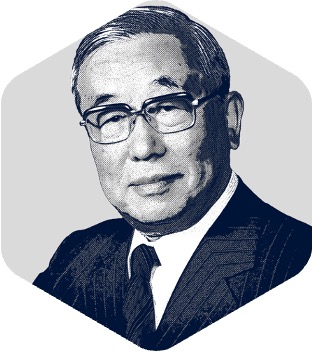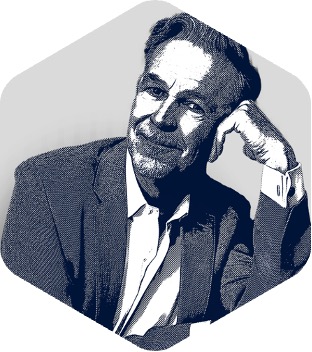Laura Kronen (1980) is a partner at Berylls by AlixPartners (formerly Berylls Strategy Advisors) with a focus on transformation. She is passionate about moving people and organizations forward. With over 18 years of industry and consulting experience, her focus is on transformative challenges in the operations context – from executives to individual employees, at manufacturers and suppliers. She helps her clients align strategy, structure, and culture in their respective market environments to build resilience.
Prior to joining Berylls, Laura Kronen worked at PwC Strategy&, Volkswagen AG and Audi. She holds a diploma degree in industrial engineering from the Karlsruhe Institute of Technology (KIT).






